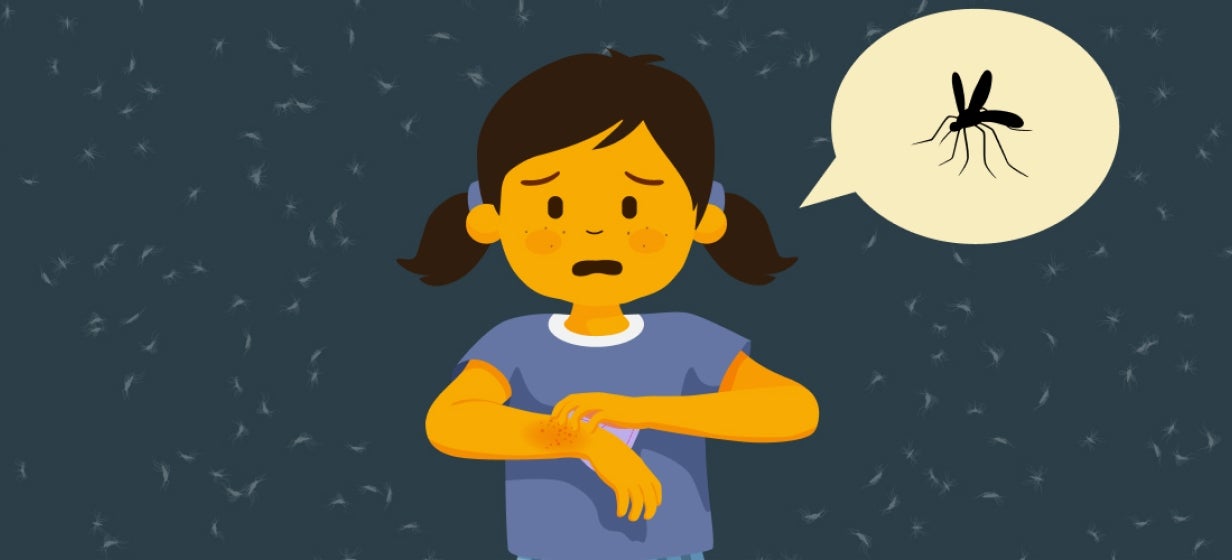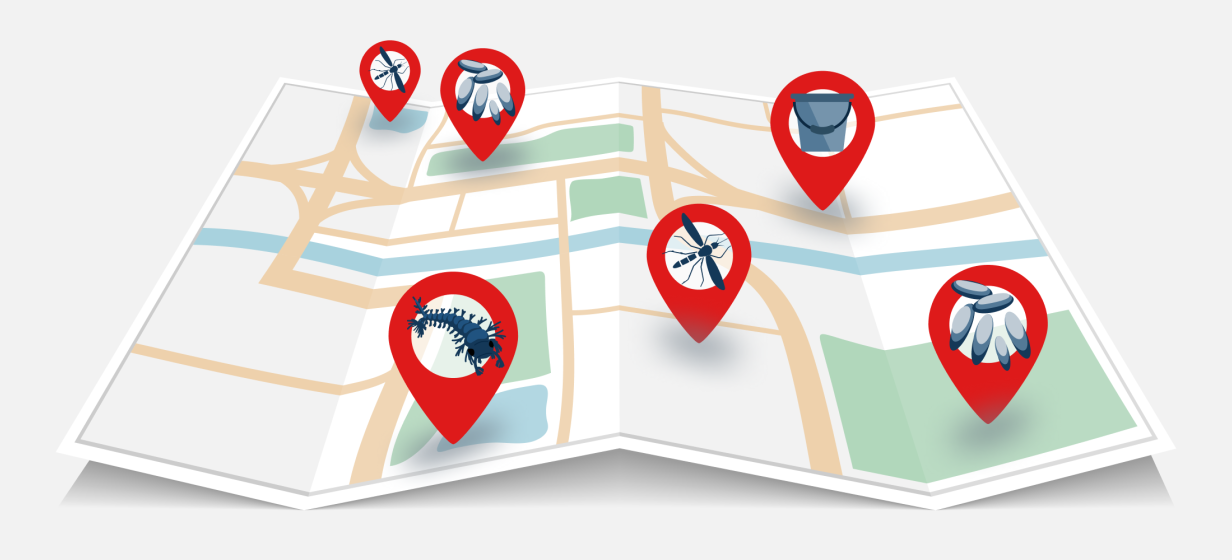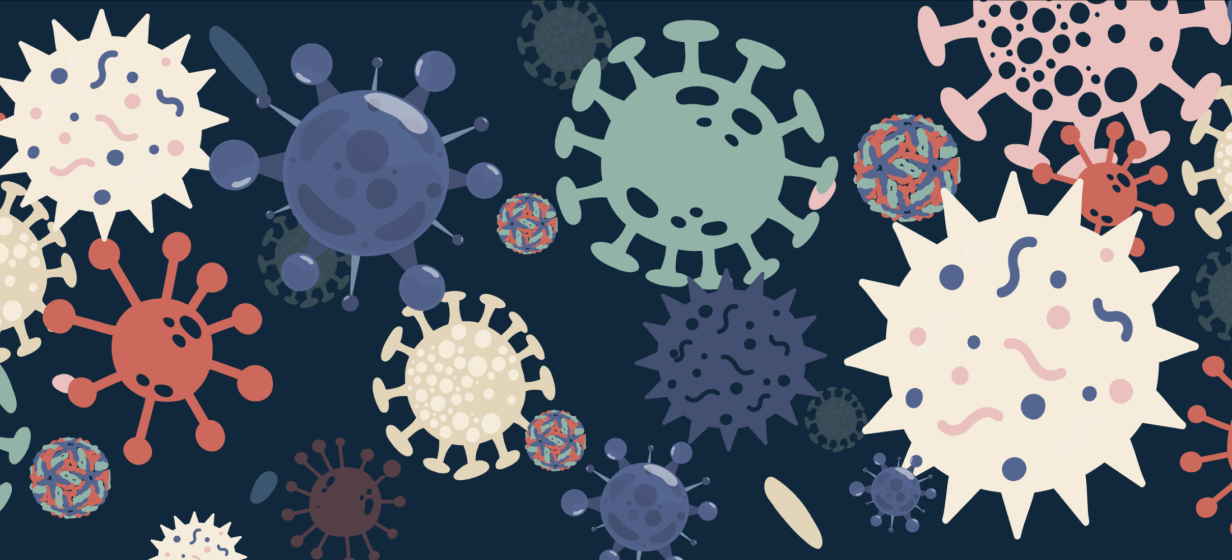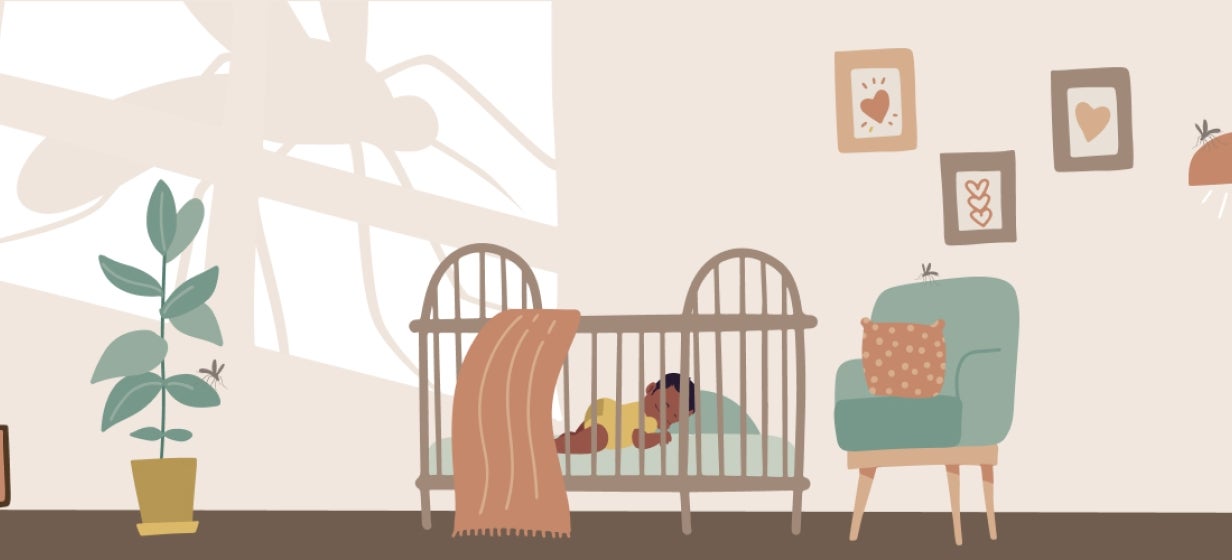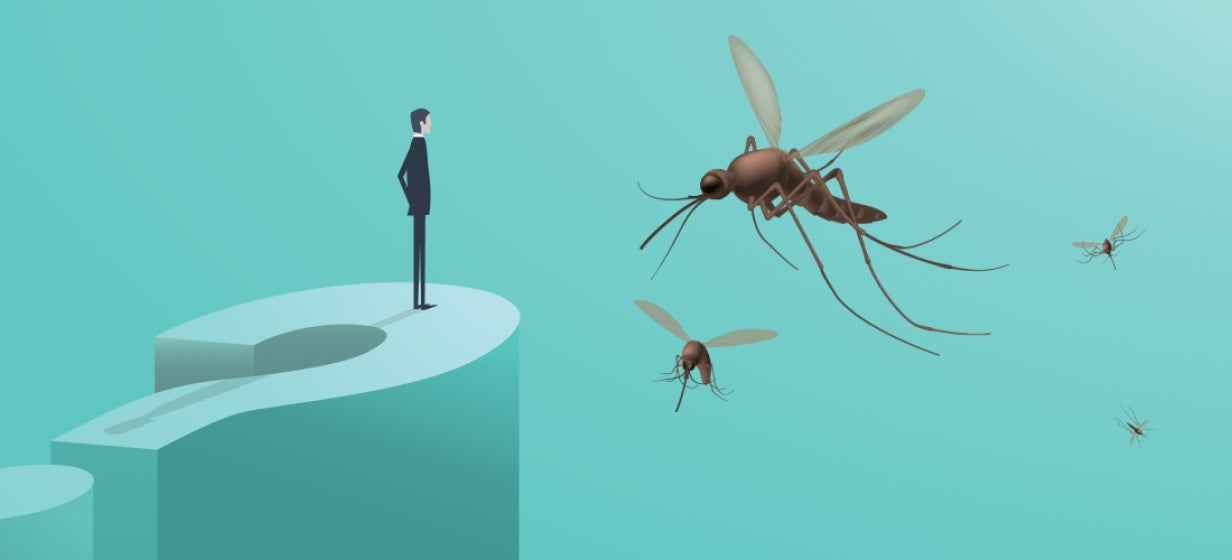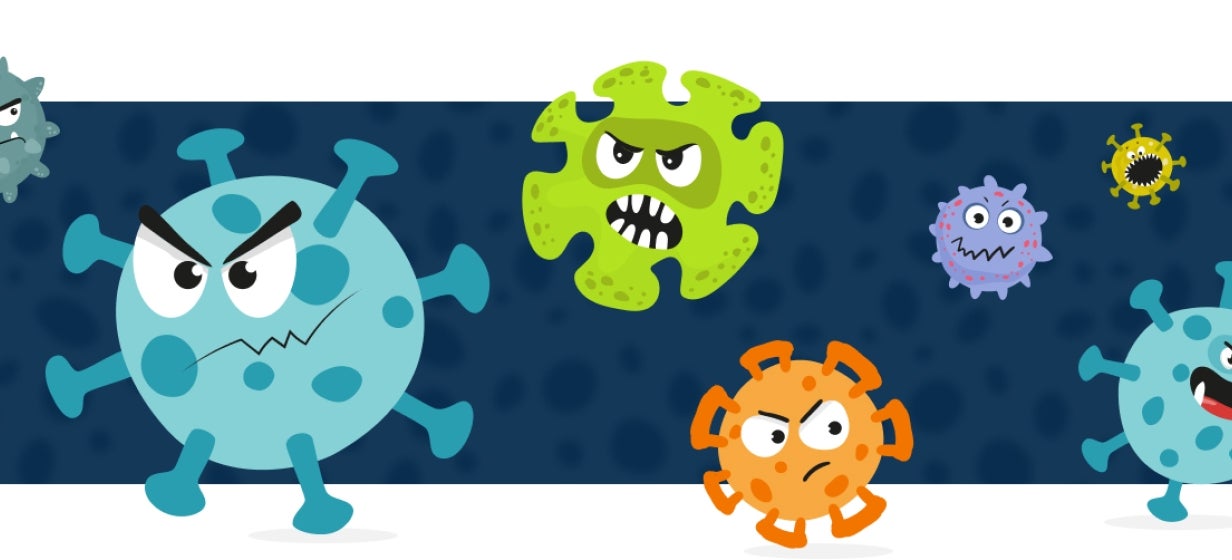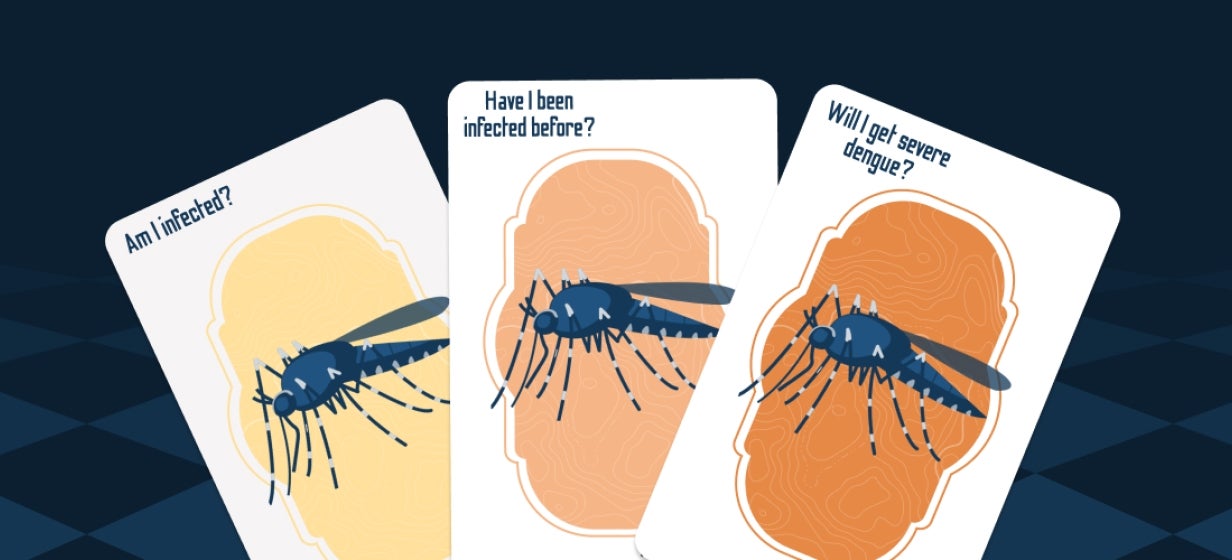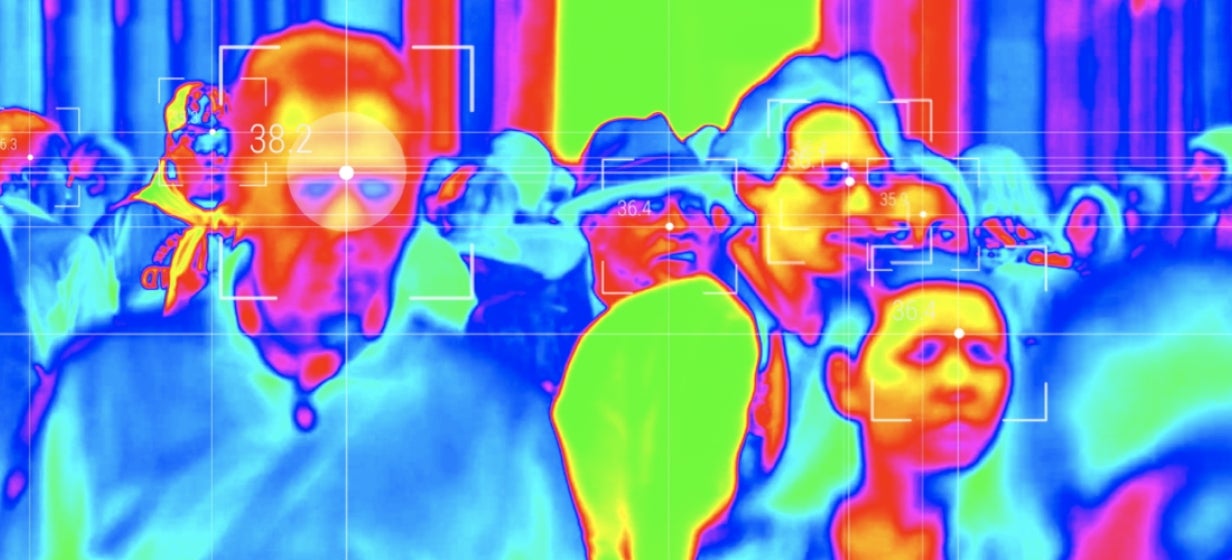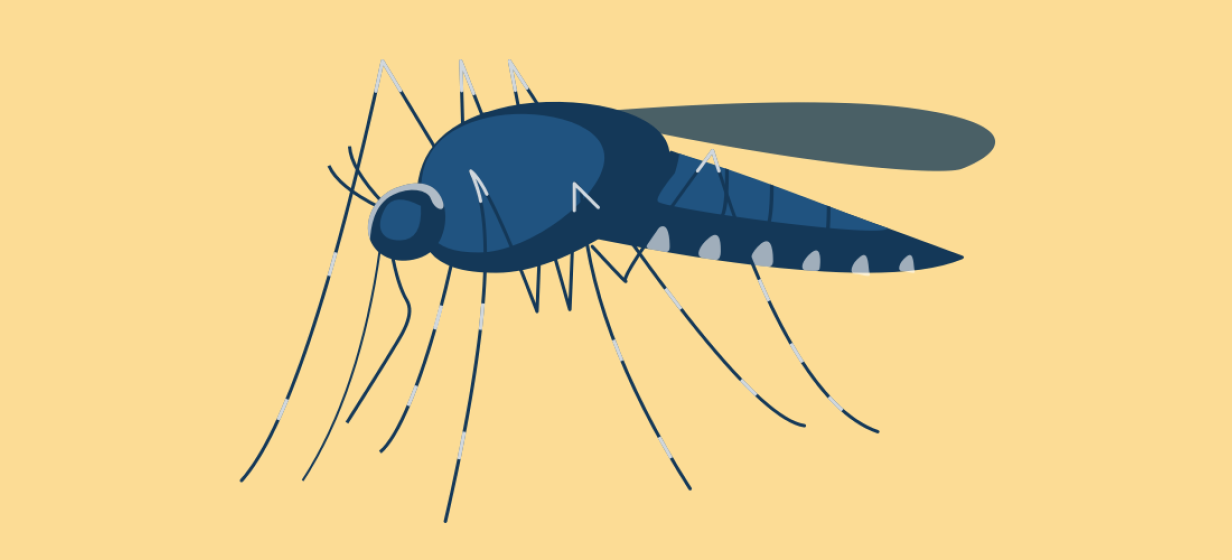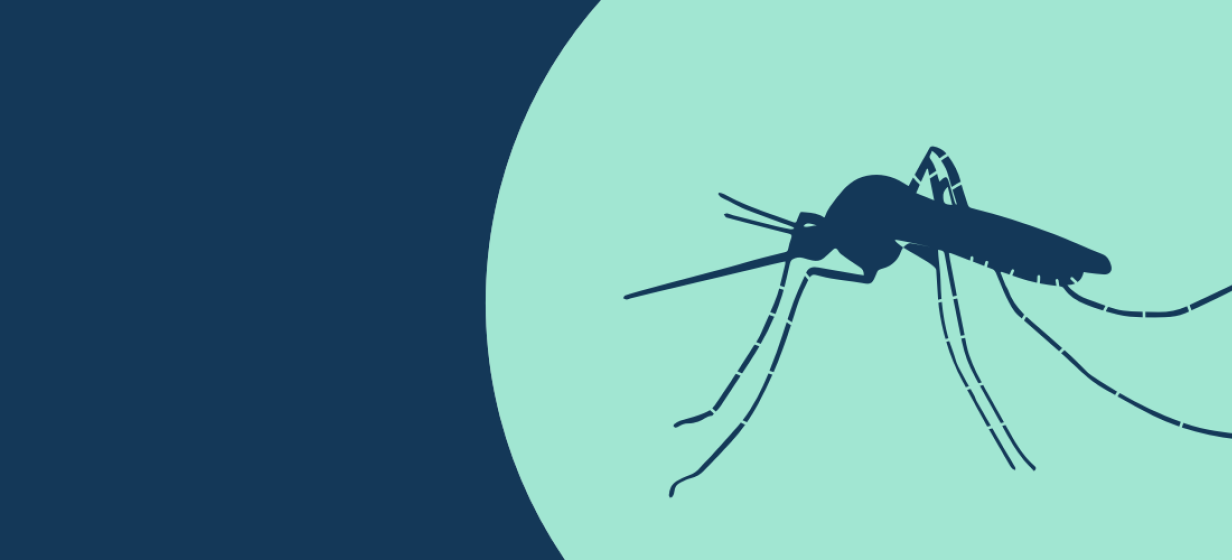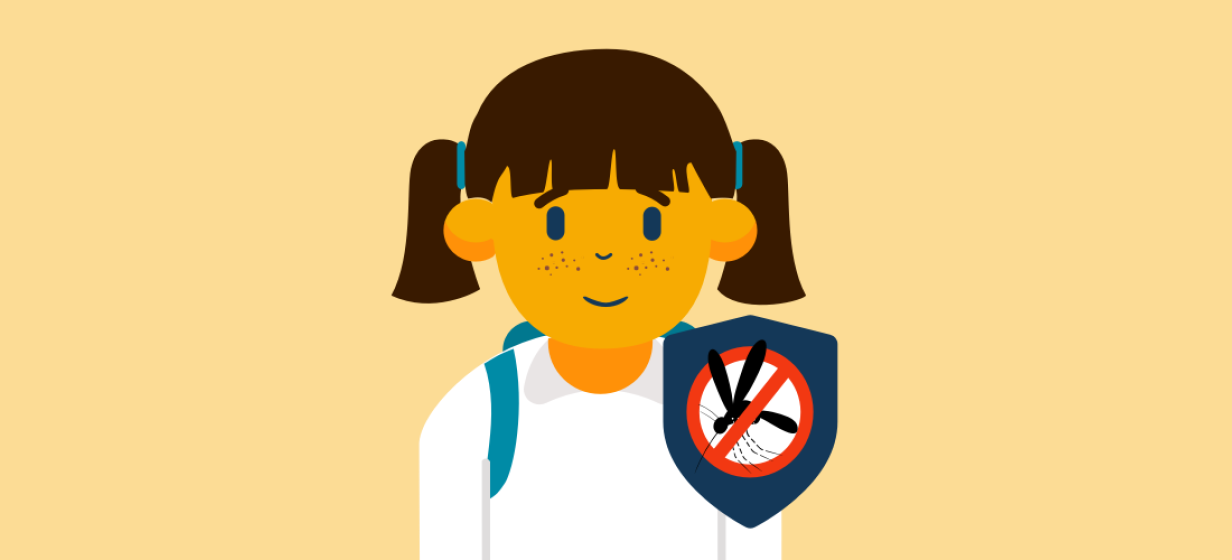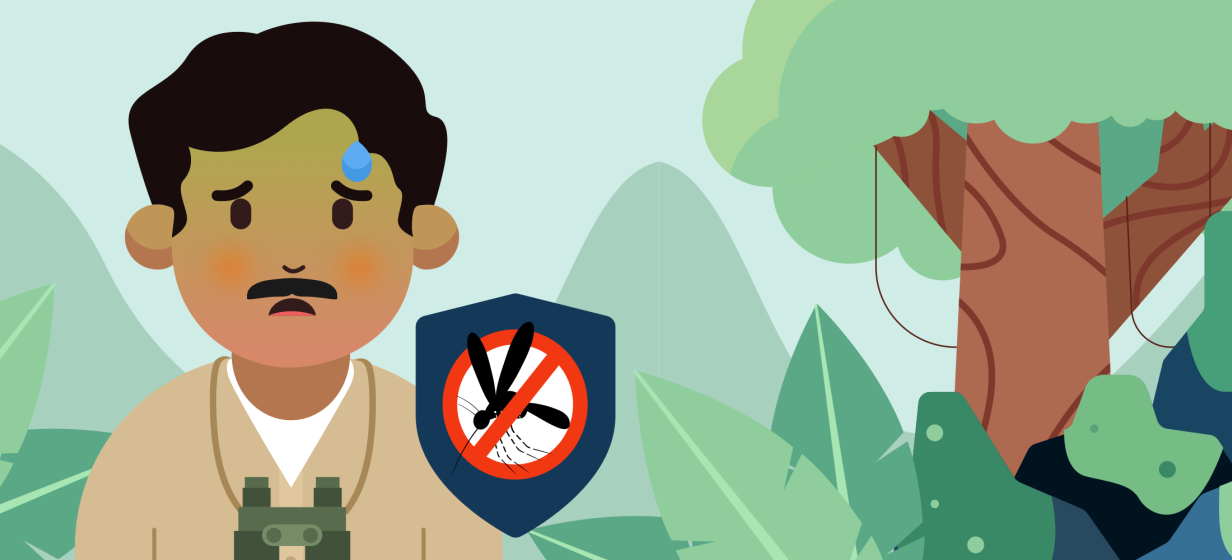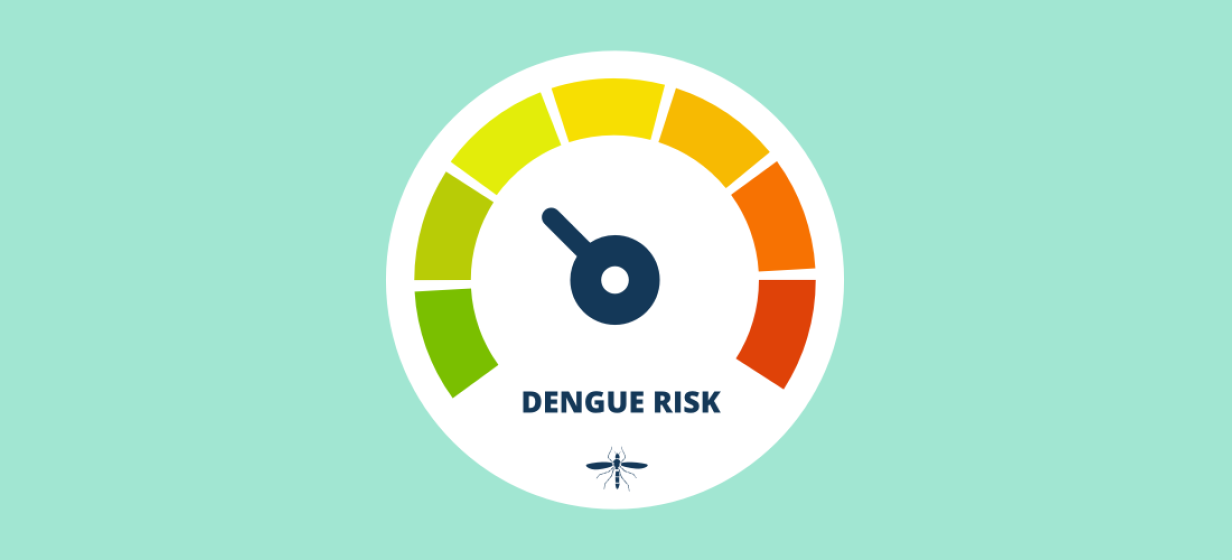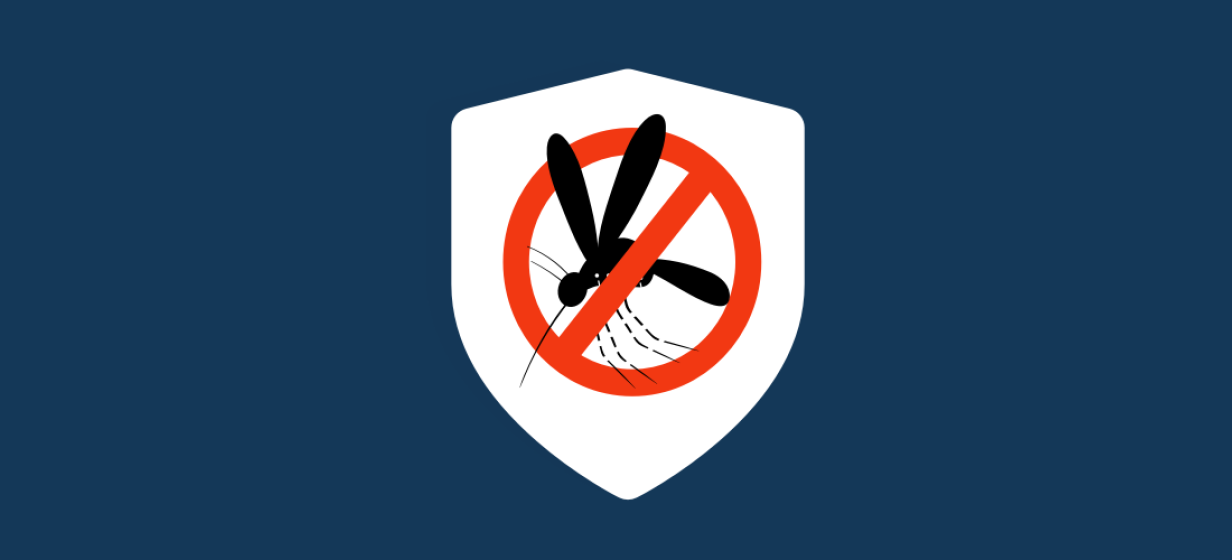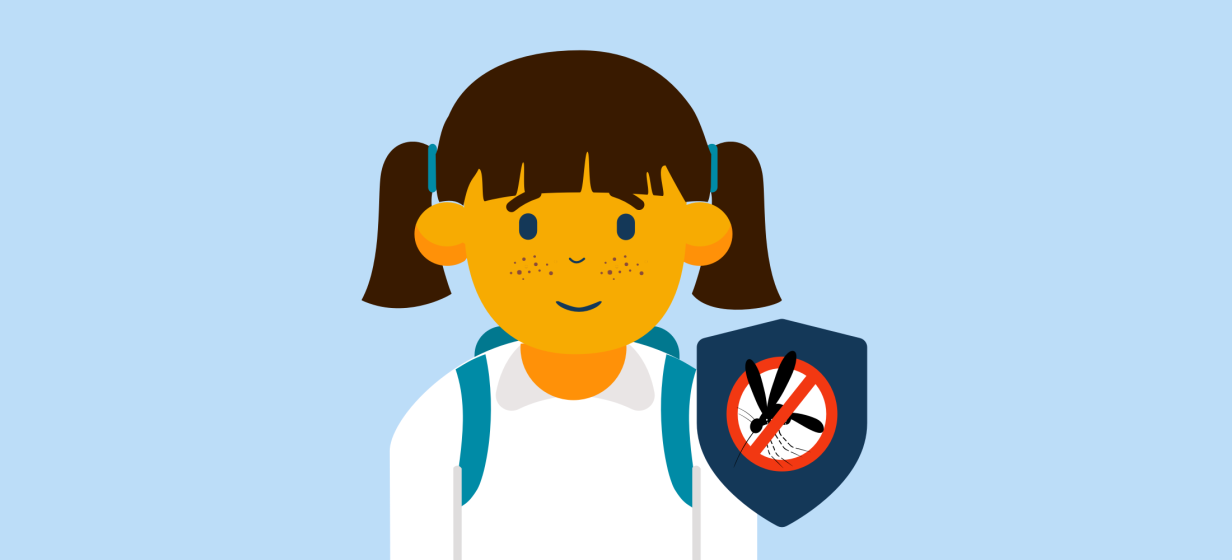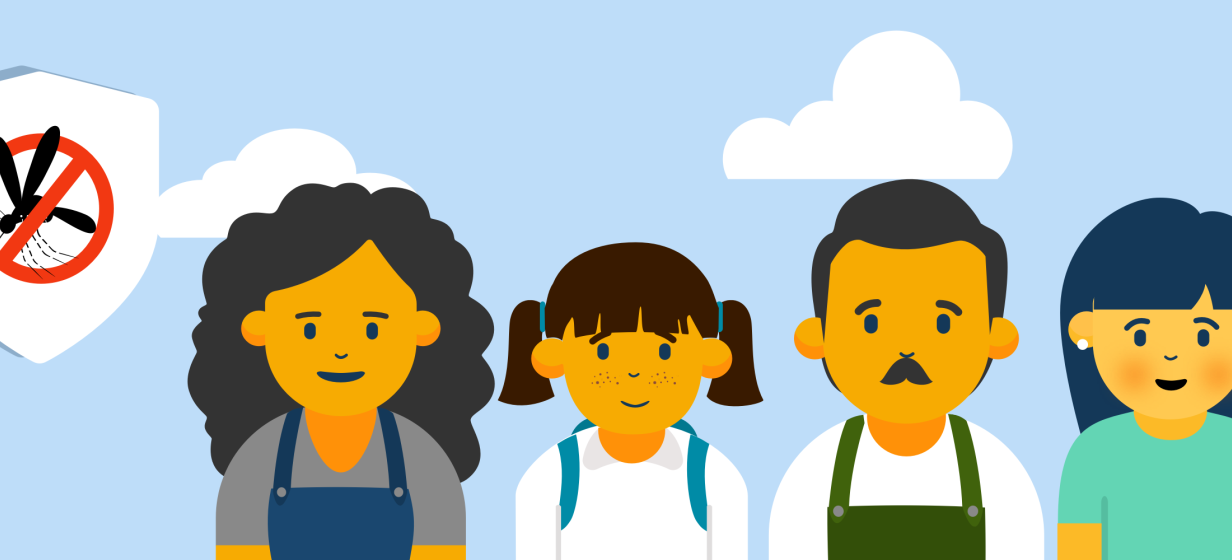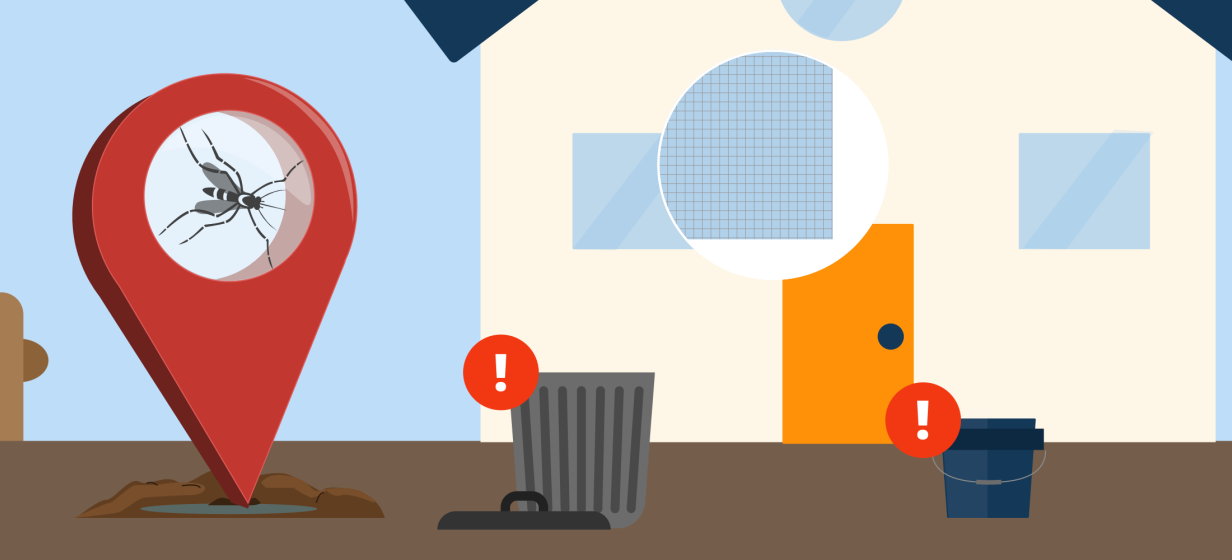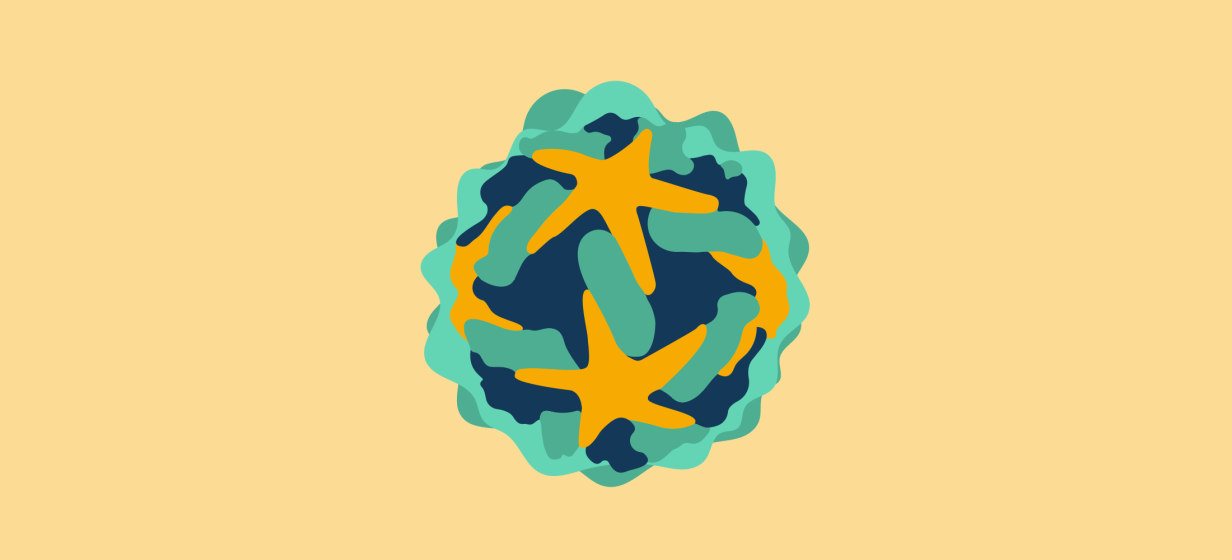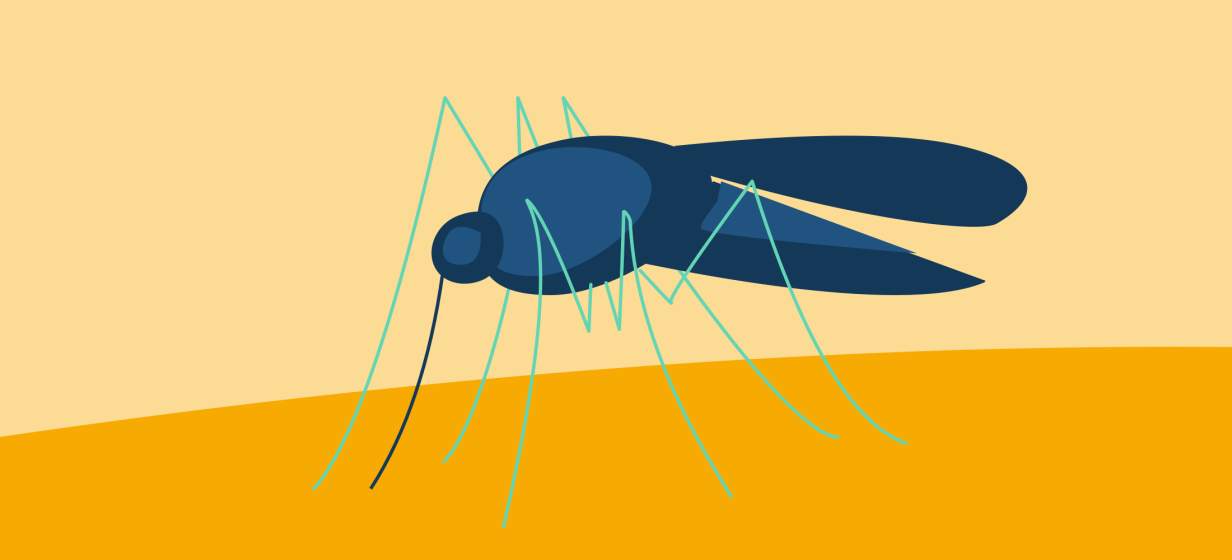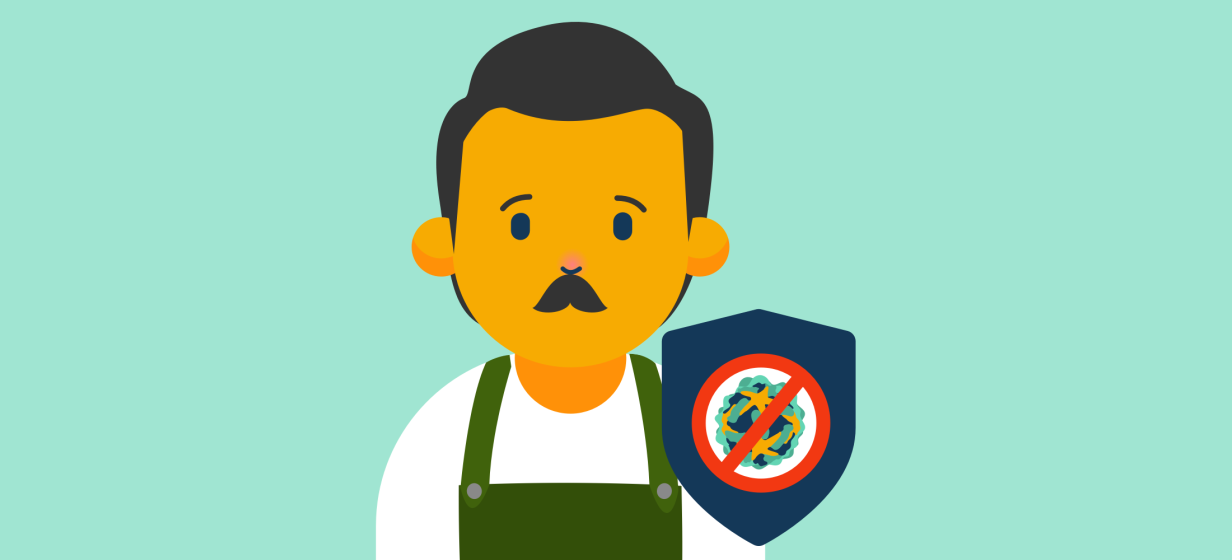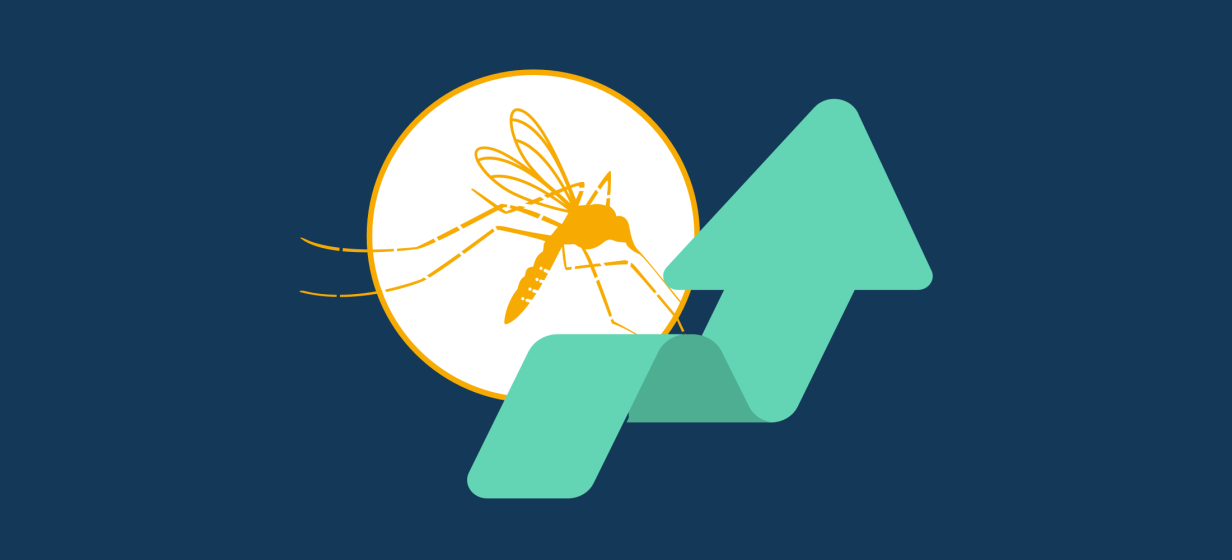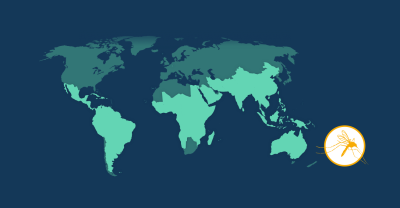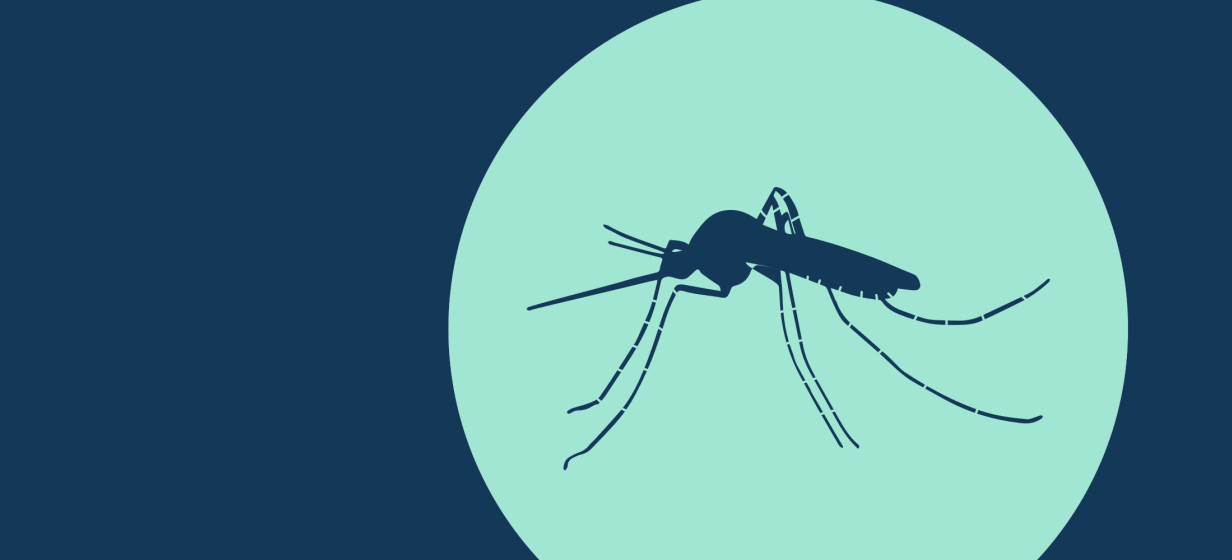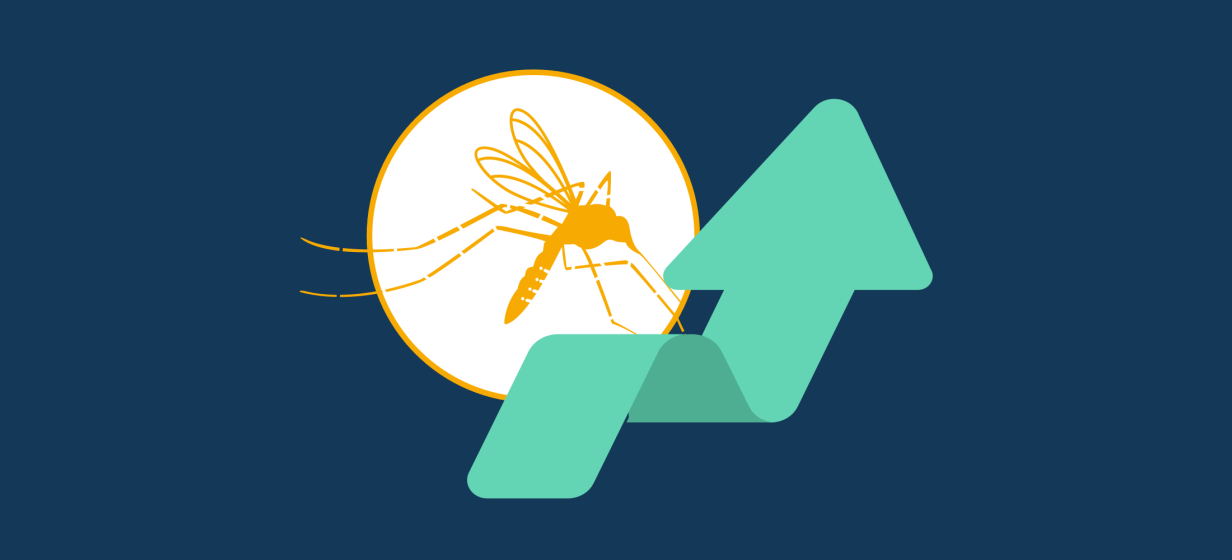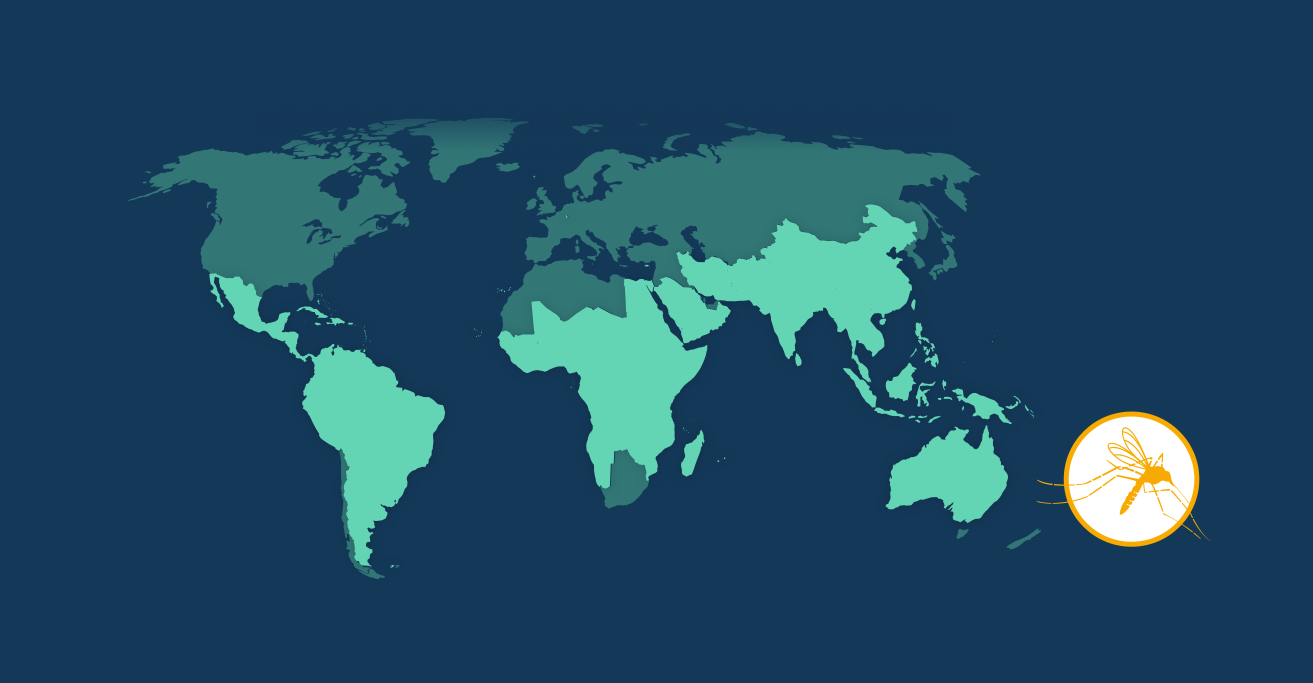Dengue is spread to people through the bite of an infected mosquito, usually a type of mosquito called Aedes aegypti.1

Mosquitoes bite to feed on your blood, which they need to produce eggs. The Aedes mosquitoes are most active during the day, usually early in the morning or just before sunset. They can live both indoors and outdoors.
When a mosquito bites someone who is infected with dengue, the dengue virus travels into the mosquito’s stomach, then spreads to the rest of its body, including its mouth.
After about a week, the mosquito is fully infected and can pass the virus to anyone it bites next. If this mosquito bites you, its saliva can infect you with the dengue virus.2
There are other ways dengue can be passed on too. There is evidence that a pregnant mother can transmit the virus to her baby during pregnancy or while giving birth. Dengue can also be spread by a blood transfusion, organ transplant or needle-stick injury, but this is extremely rare.3

Most dengue infections are transmitted by mosquito bites, so it’s important to take measures to avoid being bitten by mosquitoes as much as possible.2
If you are worried that you may have dengue, talk to your doctor.


















